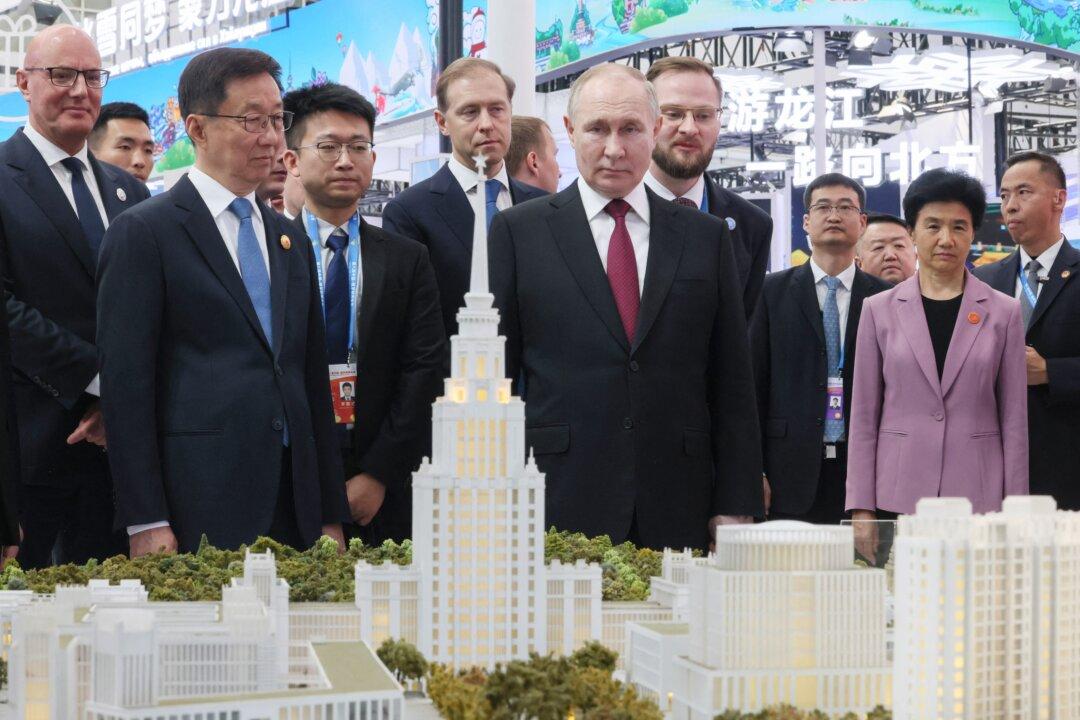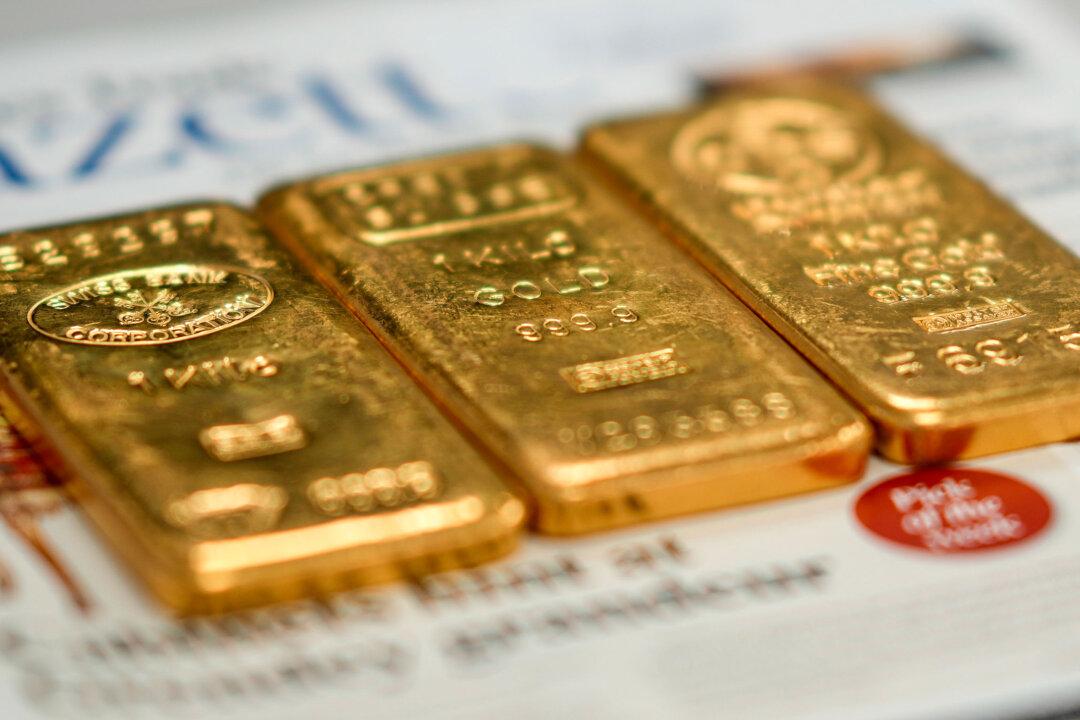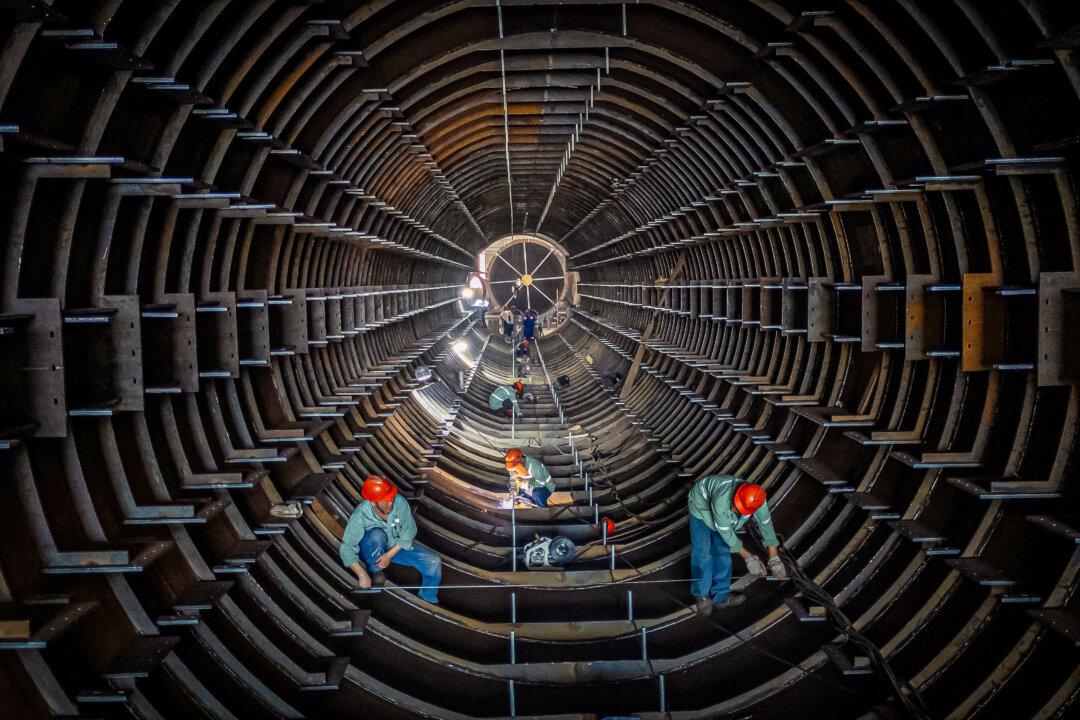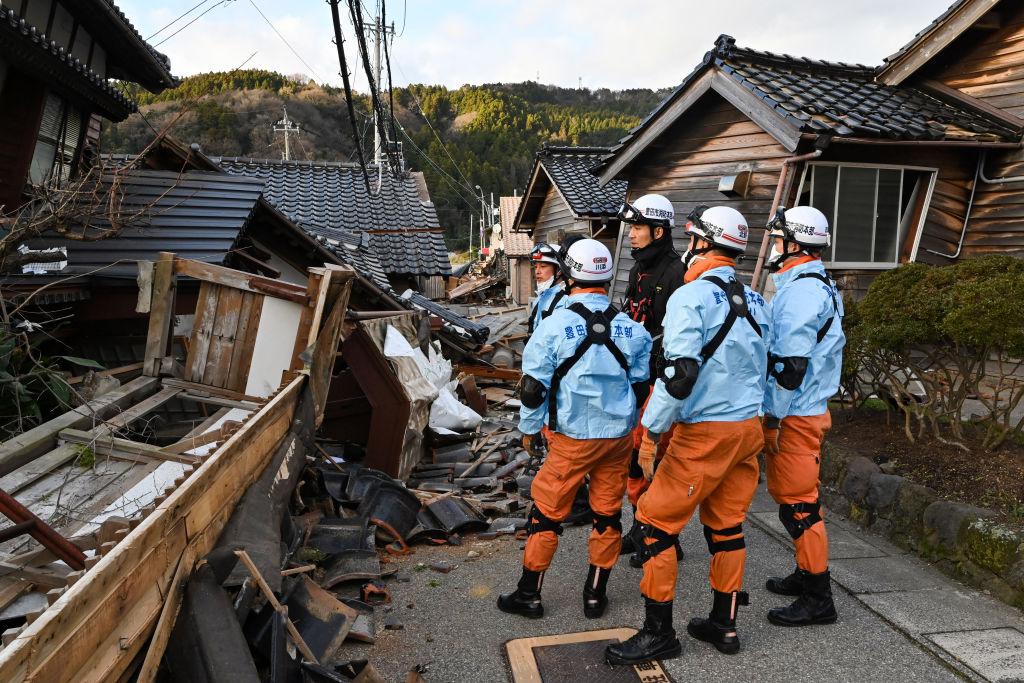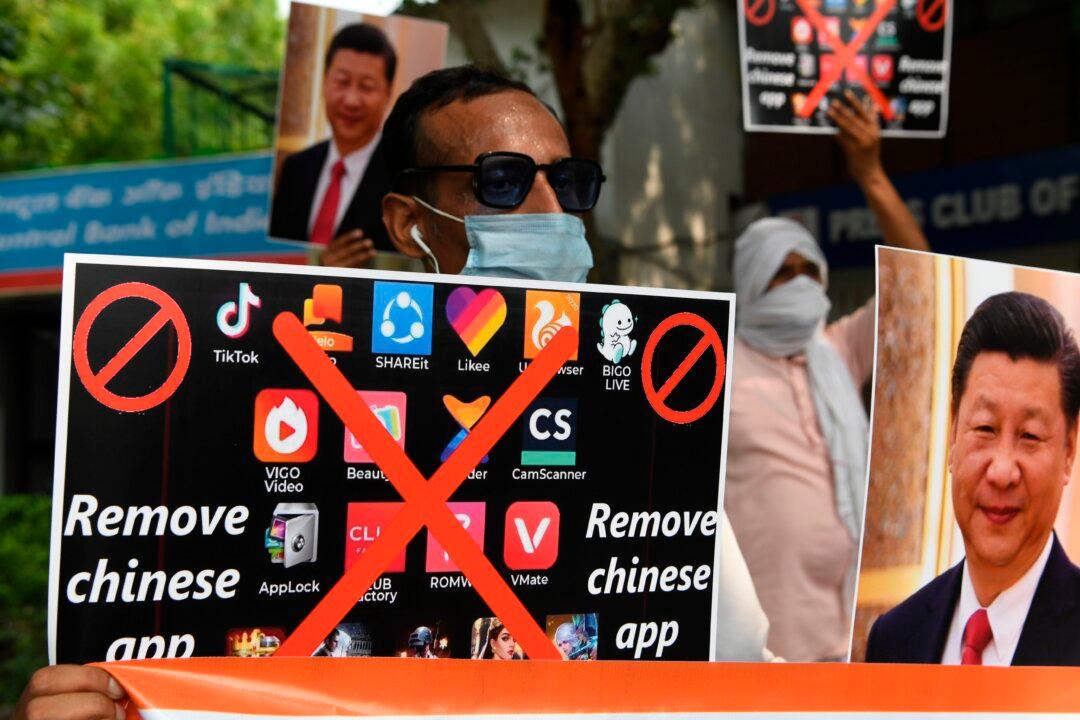News Analysis
Recent developments indicate that the economic relationship between China and Russia is experiencing significant strain. A crucial natural gas pipeline agreement between the two nations appears to have stalled, and the Industrial and Commercial Bank of China has halted the processing of Russian payments in yuan. Meanwhile, Alibaba has stopped accepting ruble payments or supplying goods to Russia. The setbacks come just 20 days after Russian President Vladimir Putin visited Beijing, dealing a substantial blow to his strategic plans, analysts say.
